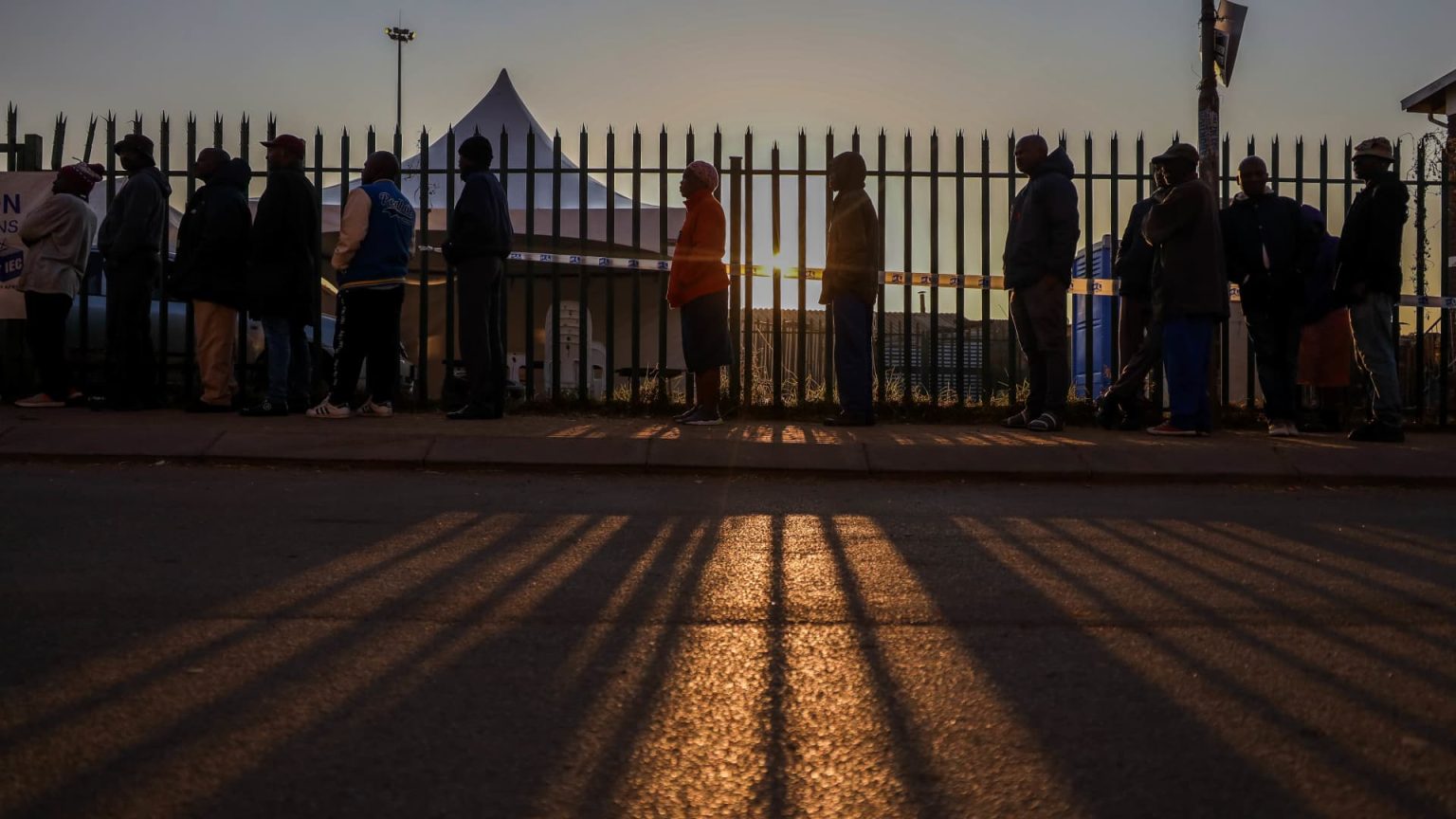The African National Congress (ANC) lost its parliamentary majority of 30 years in South Africa’s recent election, marking a significant political shift since the end of apartheid. The ANC received 40% of the vote, with the Democratic Alliance at 21.8% and the Economic Freedom Fighters at 9.5%. A new party, uMkhonto weSizwe, established by former president Jacob Zuma, garnered 14.6% of votes. This decline in support for the ANC reflects ongoing issues with governance, such as declining living standards, power outages, high crime rates, and high unemployment. South Africa’s World Bank designation as the most unequal country in the world further emphasizes the challenges facing the country.
Unemployment, load shedding, corruption, and crime were identified as top concerns for voters in the election. These issues have hindered the country’s economic growth for years. Unlike Nelson Mandela, who formed power-sharing coalitions to build trust with rival parties during the early years of democracy, current ANC leader Cyril Ramaphosa will need to negotiate a coalition to maintain political dominance. This process is expected to introduce a period of uncertainty in South Africa’s political landscape. The impact of these changes on economic growth will be closely monitored by investors, with the International Monetary Fund projecting growth at 0.9% for the year.
Inflation in South Africa remains high, with the latest reading at 5.2% in May, above the central bank’s target of 4.5%. Governor Lesetja Kganyago anticipates that inflation will stabilize in the second quarter of next year. Despite this, the central bank decided to maintain its main interest rate at 8.25%. The overall economic outlook for South Africa hinges on addressing the systemic issues that have contributed to the ANC’s declining popularity. The country’s high levels of inequality, unemployment, and crime present significant challenges that will need to be tackled by the new governing coalition.
The shift in South Africa’s political landscape represents a turning point in the country’s post-apartheid history. The ANC, long seen as a symbol of liberation, is now facing a decline in public support as voters prioritize pressing issues such as unemployment and corruption. The emergence of new political parties like uMkhonto weSizwe signals a desire for change and may lead to a more fragmented political landscape. As the country navigates this transition, the focus will be on addressing economic challenges to stimulate growth, create jobs, and combat inequality. The success of the new governing coalition will be crucial in determining the future direction of South Africa’s economy and political system.
The ANC’s loss of parliamentary majority after 30 years highlights the growing dissatisfaction with the party’s governance in South Africa. This change in political dynamics opens up opportunities for new parties to gain traction and influence the country’s direction. The challenges facing South Africa, including high levels of inequality, crime, and unemployment, require innovative solutions and effective leadership to drive sustainable economic growth. The outcome of the political negotiations and coalition-building process will shape the country’s future and determine its ability to address these pressing issues. Investors and citizens alike will be closely watching how the new political landscape unfolds and its impact on South Africa’s economic and social development.


